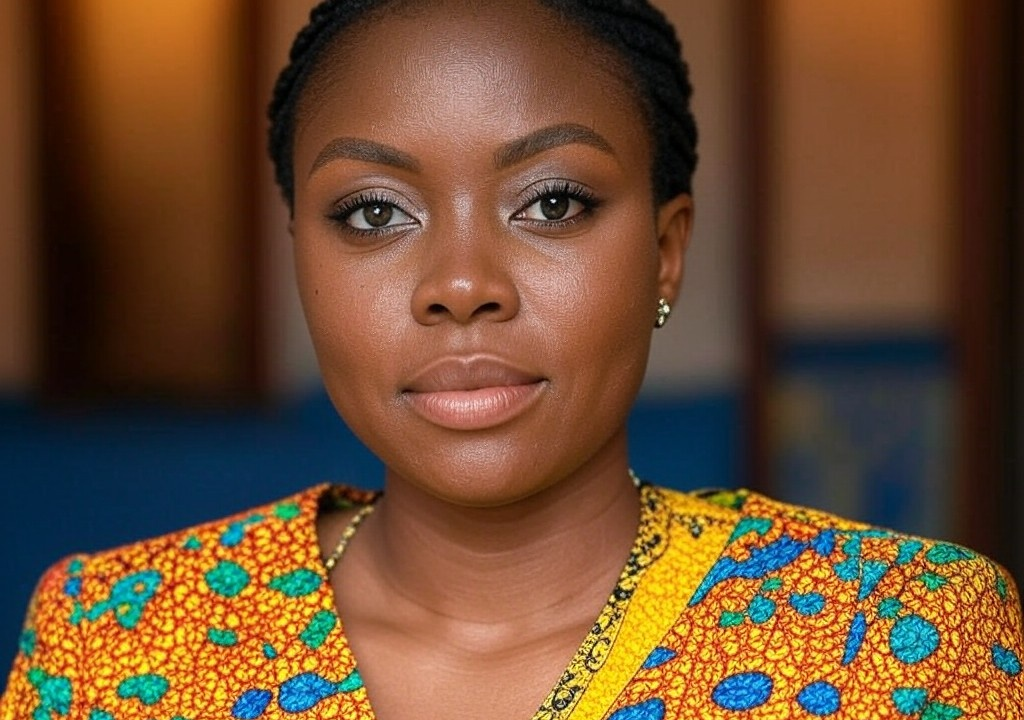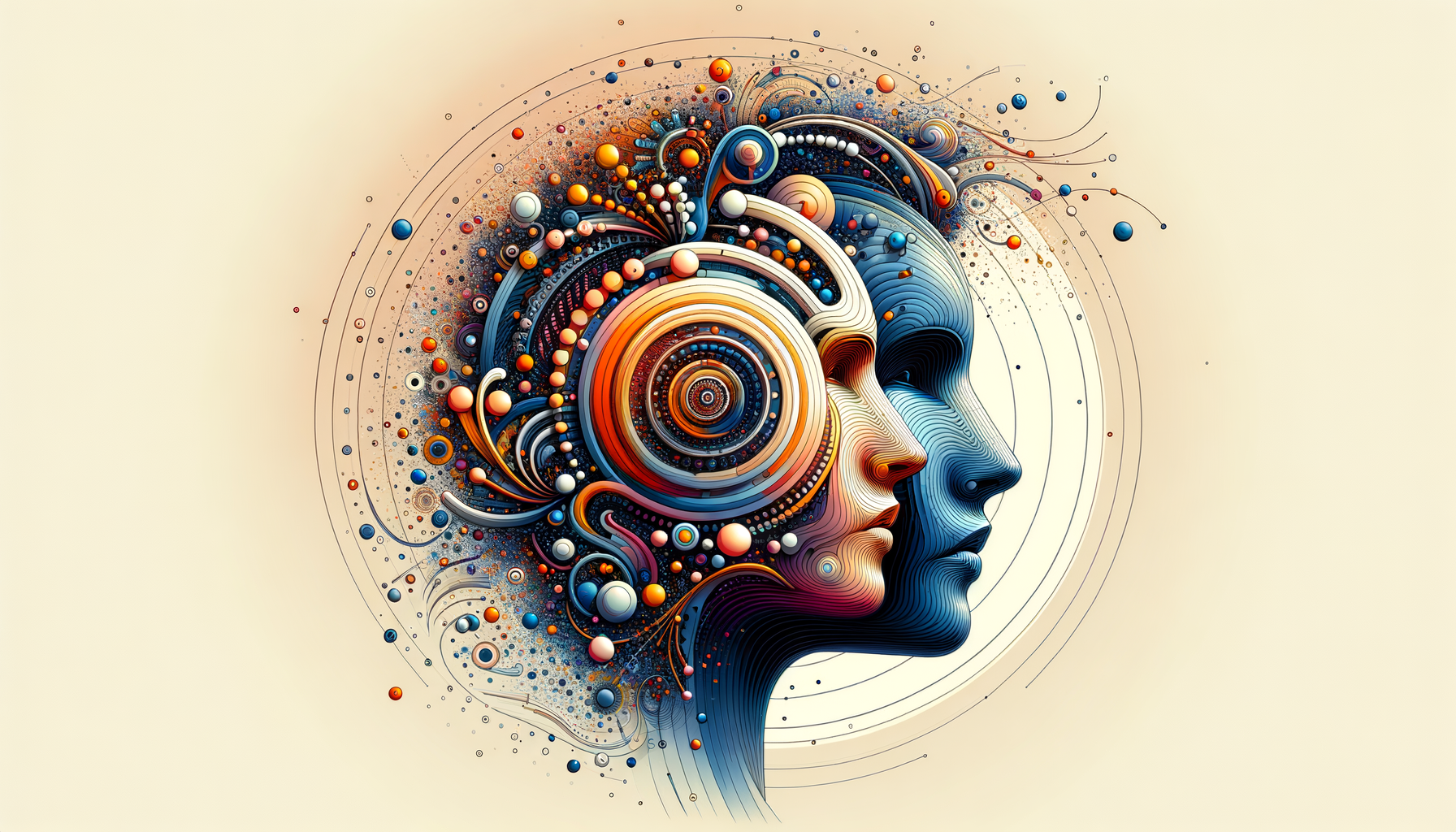What’s in a name? Everything, if you ask my grandmother. It was she who insisted my parents name me Harriet—a homage to Harriet Tubman. “Strength and freedom,” she would say in Yoruba, hands clasped together as if sealing a prayer. As a child, I didn’t quite understand the weight of that legacy. I just wanted to fit in, like every other Chidinma, yetunde, or Ifeoma. But as I grew older, I began to realize that my name was more than just an identifier—it was a story, a flag, a call to adventure.
Names, like relationships, hold power. They introduce us before we open our mouths, shape first impressions, and, for better or worse, carry meaning. And yet, how often do we pause to consider the relationship we have with our own names, especially as they mingle with romance, identity, and love?
Let’s break it down—one name tag at a time.
The First Thing They Ever Know About You
When it comes to relationships, your name is often the first thing a potential partner knows about you. It’s your prelude, the opening act before they even hear the sound of your voice. Think about a first date where introductions are exchanged: “Hi, I’m Harriet.” Simple enough, right? But in my years of dating (and let’s just say, there were plenty of introductions), I noticed something curious. Each name carries an aura, a set of assumptions.
When I lived in Lagos, "Harriet" often prompted raised eyebrows and polite nods. Not “strong and free,” but “oh, you’re one of those girls who went to international schools.” I happen to have attended public primary school in Abuja, but sure, let's run with that narrative. Moving to London, "Harriet" suddenly fit right in—a quintessentially British name that didn’t turn heads. For once, I could blend in—until they saw my surname, Ojo. Then came the parade of guesses. “How do you say this one?” “Is it African?” “Oh, are you Nigerian? Wow! It's so… exotic!”
It made me think: to some people, my name was a blank canvas; to others, a full mural dripping with cultural significance. What does your name say about you before you get the chance to say anything yourself?
Does Your Name Have Baggage?
Names don’t just open doors—they sometimes build fences. If you have a name like John or Sarah, perhaps you’re safe from sweeping expectations. But add anything a little outside the norm, and suddenly it’s like carrying a sign that says, “Handle with (cultural) care.” I once dated a guy who poked fun at how I pronounced my name in conversations with family. “Why do you suddenly sound so… Nigerian about it?” he laughed.
At the time, I brushed it off. But later, as I replayed the comment in my mind, it hit me: was he uncomfortable with my Harriet—the one that got pepper soup stains on her clothes and could recite Yoruba proverbs like a firstborn daughter of the soil? Or did he want “other Harriet,” the polished, neutral version I tend to showcase in meetings and spaces where I need to "blend." Dating while navigating code-switching, anyone?
The truth is, names often carry years (or centuries) of expectations we never signed up for. They hint at class, ethnicity, religion, or even personality. Whether you’re an Oluwatobiloba, a Keisha, or a Matteo, there will always be biases attached to your name. The question is: How do you make peace with what your name represents without watering down its complexity?
Rebrand or Rest? The Nickname Dilemma
We all know the power of a nickname. It's like a cozy sweater for your identity—a layer you throw on to relax and be yourself. Growing up, my siblings called me "Hattie" when they wanted to annoy me. In university back in Lagos, my friends ran with “Harribae” (yes, cringe, I know) after an embarrassing viral moment on Twitter. Yet no matter what I was called, a piece of me always clung to the Harriet—my grandmother’s Harriet.
But here’s the twist: not all nicknames are chosen. A London colleague once called me “Harry” unprompted. Harry? Why? “It’s easier to say,” she explained blithely. And there it was again—the subtle erasure of identity under the guise of convenience. As tempting as it was to allow that shortcut, I held firm. “Harriet works just fine,” I said, smiling politely. If there’s one piece of advice I can offer here, it’s this: choose a name that feels like home and guard it fiercely.
In dating, nicknames often take on a life of their own. A significant other may call you “babe,” “cutie,” or even something painfully cheesy like “snuggle-bear” (hey, no judgment—we’ve all been there). But I’ve found that the strongest connections honor more than cute monikers. They see you and call your name fully. So, next time someone refuses to try pronouncing your name correctly, don’t shrink. Correct them with grace and confidence. That’s your boundary, your mini fist-pump moment.
The Romance of Merging Names
Here’s where names get really interesting—when two names meet, and both are tasked with telling a story together. Let’s talk about pairing up. There’s a strange magic in how names sound next to each other. Say them out loud: Harriet and Tom. Harriet and Femi. Harriet and Thabo. Harriet and Isabel. How do they sit together in your mind? Does “Harriet” feel jarring against one name but natural beside another? This is undoubtedly why some couples play around with portmanteaus (#Brangelina, anyone?)—an attempt to unite two worlds into harmonious branding.
Frankly, I’ve always found the idea of merging names both amusing and terrifying. I once had an ex who jokingly suggested "HarriBode" for our couple name, combining my first name with his—a very Yoruba “Bode.” It did not, you’ll be glad to know, catch on. But looking back, what strikes me isn’t the joke but the meaning behind it: that a name’s proximity to another brings both evolution and intimacy.
If you’re navigating a serious relationship, you’ll eventually face the question: how do names fit into the future? Are you imagining children whose names seamlessly combine cultural heritages? Are you weighing the symbolism of hyphenated last names or double-barrels? Names are legacy carriers, after all. The merging, adopting, or creating of names in love is often the ultimate act of compromise, identity merging, and shared dreams.
Love Your Name, Love Yourself
Here’s the thing, dear reader. Whether your name is simple or tongue-twisting, carry it like a crown. It’s the northern star guiding your identity. When you truly love your name—its rhythm, its quirks, its place in the melting pot of connection—other people feel that energy. And in the realm of romance, confidence makes all the difference.
Remember, relationships thrive when you bring authenticity to the table. So, correct the mispronunciations, embrace the nicknames you choose, and never dilute what makes your name (and by extension, your story) uniquely yours. And someday, if you’re lucky, you’ll find someone who doesn’t just adore your name—they’ll love the person who answers to it.




















